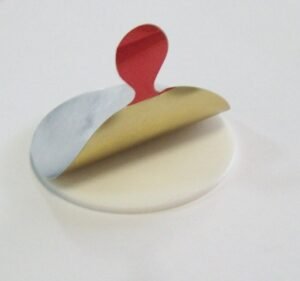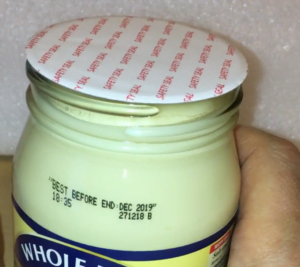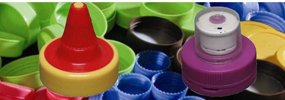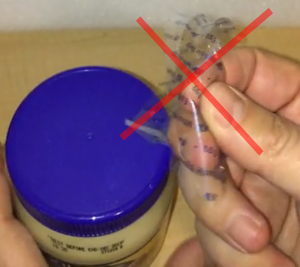Sealing Seals Through Induction Sealing
Induction material liners are laminated components found on the inside of container caps which serve a variety of functions as sealing seals. These liners are known by many names, including induction foils, induction sealing material, foil seals and induction seals. Products with this type of sealed packaging are trusted by the public because they keep the freshness of the product within and provide proof for any tampering of the product by outside forces. These two aspects boost the people’s confidence about the product and subsequently, the product manufacturers.
In the food and beverage and pharmaceutical industries, these sealing seals are vital and to some extent, required to ensure the safety of the consumers.
Sealing Product Purposes
The induction material liners within caps can be made as one- or two-piece components. Choosing which type to utilize depends on the expected purpose of the sealing seal.
 Within smaller-sized containers, one usually finds one-piece cap liners. These products are more likely to be consumed soon after opening, therefore, these types of packaging are regarded as being one-time use. In this instance, the sealing seal functions as protection until the product is opened and no other material is left on the inside of the cap.
Within smaller-sized containers, one usually finds one-piece cap liners. These products are more likely to be consumed soon after opening, therefore, these types of packaging are regarded as being one-time use. In this instance, the sealing seal functions as protection until the product is opened and no other material is left on the inside of the cap.
On the other hand, larger packs or bottled items are not likely to be completely consumed right after opening. The consumer is anticipated to reclose the container and store the product. The caps used for these conditions have demands for liners that reseal effectively. Upon close examination, the caps used on these kinds of merchandise have laminated foam within. This lamination enables the cap to reseal the container upon closing to maintain product freshness. When the container is first opened, the consumer will first find (and remove) the tamper-evident seal on the product. What will then remain is the lamination within the cap. These two components are what compose two-piece cap liners.
Which Sealing Seal to Choose
Deciding on the best components and structure of your foil seal is essential to guarantee the proper amount of protection for your merchandise. There are many variants which can fulfill almost any requirement for standard or individualized product packaging. These seals must be proven safe and meet the strict specifications set by the Food and Drug Administration to safeguard the public.
As such, sealing containers must meet basic functions in that they must be kept free from contamination, oxidation and moisture and that these hermetic seals be tamper-evident. These sealing seals will then be best suited for use in the following productions and many others:
- Food and Beverage
- Pharmaceuticals
- Acids and Alkalis
- Oils
- Organic solvents and products
- Flammables
- Powders
- Pellets
Sealing Products through The Induction Sealing Process
The induction sealing process adheres the seals onto the container mouths. The caps are supplied with an induction foil waiting to load into the capper. The container is then filled and capped.
The capped container is then transported down the conveyor line and travels underneath the induction sealing head. The electromagnetic field generated by the sealing head penetrates the cap and the aluminum foil layer. When this field permeates the foil, it causes an electric current which melts the liner’s sealing film. The foil cools down as it leaves the induction field, causing the heat seal film to bond to the container mouth. Once the cap is removed, the aluminum foil remains bonded to the lip of the container.
Benefel Pty Ltd and Adeneli Packaging
Our teams at Benefel Pty Ltd. and Adeneli Packaging can help you with your sealing seal needs. Our experts are on standby to take your calls and chats. Whatever product you may have, we have the perfect liner material for you. Product consultation is free and we are happy to develop partnerships with our customers by supplying consumable products that work well with packaging machinery.






Follow Us